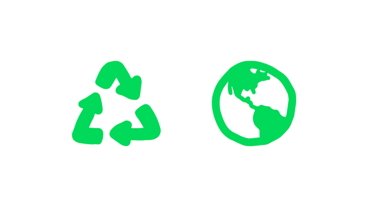Apple, GT Advanced agree to unseal secret documents as part of bankruptcy settlement
In a ruling on Tuesday, a federal court judge handling bankruptcy proceedings for sapphire maker GT Advanced Technologies ordered to unseal sensitive documents detailing the company's doomed partnership with Apple.
U.S. Bankruptcy Court Judge Henry J. Boroff found a number of disclosures provided by GT Advanced to fall outside the scope reason that would protect them from being made public, nullifying Apple's imposition of confidentiality agreements. Prior to today's ruling, GTAT asked that the sensitive documents be kept sealed to avoid litigation from Apple.
"GT Advanced Technologies Inc. today announced that it has signed an amendment to the Settlement Agreement with Apple under which both parties have agreed to waive the condition that GT's October 8th declaration be kept under seal and expunged," GT Advanced said in a statement published to its website.
Among the multiple documents to be unsealed is an Oct. 8 statement from GTAT that outlines in detail the firm's agreement to supply Apple with sapphire material for use in "future products." The exact nature of these products is unknown, though the currently sealed papers could potentially shed light on Apple's former sapphire roadmap.
While Judge Boroff ordered to unseal a multitude of secret papers, he also ruled in favor of keeping certain portions and exhibits out of the public eye. Specifically, the jurist found two documents to contain sensitive corporate information.
The documents in question, including audio and written transcript of an "in camera" hearing, will remain sealed until 12 p.m. on Nov. 7.
Some background on the deal was aired in an October statement from GTAT COO Daniel W. Squiller, who placed blame on "unsustainable" contract terms dictated by Apple, which reportedly cost the company some $461 million. Squiller cited higher than expected manufacturing costs, technical hangups and production deficiencies as main contributors to the deal's downfall.
Apple and GTAT reached a settlement agreement in October that has the sapphire maker repaying its debt to Apple with the selloff of more than 2,000 Advanced Sapphire Furnaces (ASFs). The agreement was previously contingent on keeping GTAT's bankruptcy documents sealed.
A U.S. Securities and Exchange Commission report filed on Tuesday shows GT plans to meet capital owed by selling ASFs for $200,000 for the first 500 units sold,
$250,000 per unit for the next 500 and $290,000 per unit for the remainder until its debt is paid off.
Last November, Apple inked a $578 million contract with GTAT to provide sapphire material for future products, which would extend the tech giant's use of the hard material beyond cover glass for the iPhone's rear-facing camera and Touch ID home button. Apple ultimately put $439 million into the project, but withheld a final $139 million payment to GT after the firm failed to deliver on contractual production goals.
GT Advanced filed for Chapter 11 bankruptcy protection last month and as part of its Wind-Down plan will use the Apple-owned Mesa, Ariz., sapphire facility rent free for one year. Last week, it was reported that GT is going to eliminate more than 700 jobs from Arizona plant operations by December.
 Mikey Campbell
Mikey Campbell











 Mike Wuerthele
Mike Wuerthele
 Malcolm Owen
Malcolm Owen
 Chip Loder
Chip Loder

 William Gallagher
William Gallagher
 Christine McKee
Christine McKee
 Michael Stroup
Michael Stroup
 William Gallagher and Mike Wuerthele
William Gallagher and Mike Wuerthele







